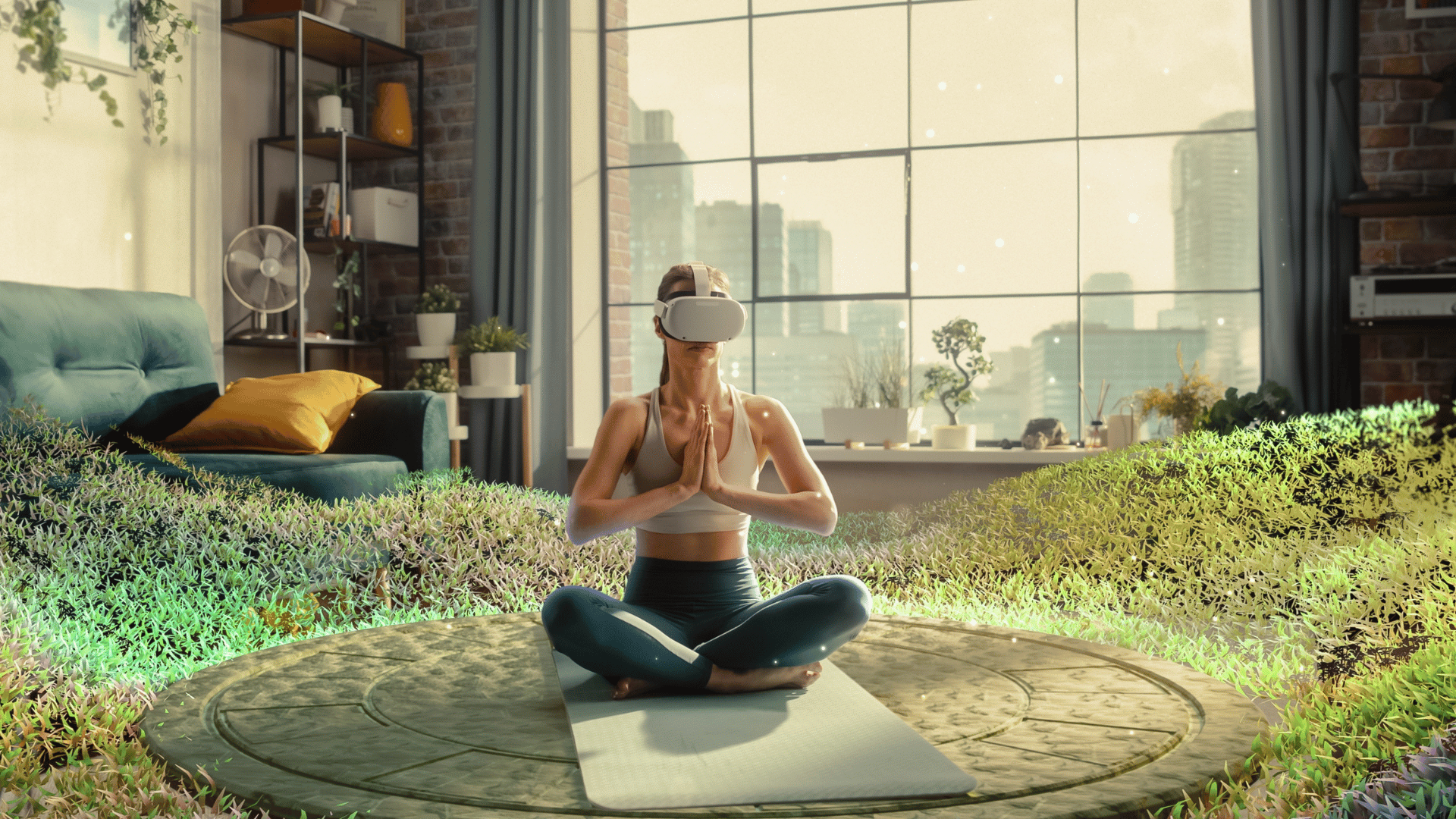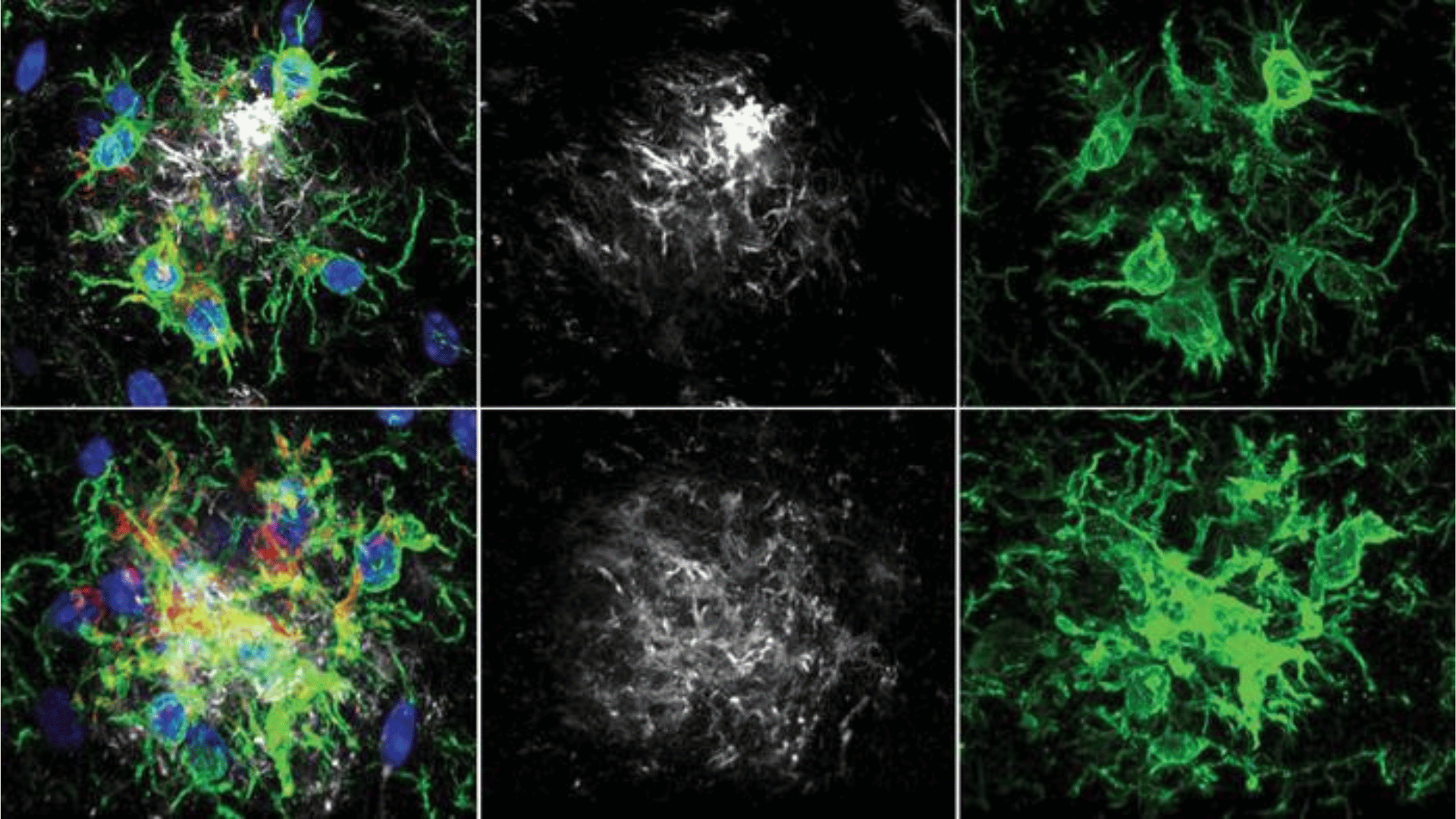“Shinrin Yoku,” or forest bathing, originated in Japan. The method has been recognized for its therapeutic benefits, such as reducing a patient’s blood pressure and stress. Researchers are now exploring the possibility of replicating forest bathing’s results virtually. Science Daily reports that a new study put that theory to the test.
Virtual Forest Bathing

Researchers investigated the potential healing powers of virtual forest bathing with a 360-degree virtual reality (VR) video. The video is of the Sonnenberg Nature Reserve, Europe’s largest Douglas fir forest. Within the immersive experience were authentic sounds and the scent of Douglas fir essential oils.
The study’s participants experienced a full sensory experience, which included sight, sound, and scent. Additionally, they experienced reduced versions that isolated their visual, auditory, and smell stimuli. Over 130 participants took part in the study, and researchers say the results are “compelling.”
Researchers showed individuals stress-inducing photos before they experienced either the multisensory virtual forest or the single sensory stimuli. According to the researchers, individuals who experienced the virtual forest showed a significantly improved mood and a stronger connection with nature compared to the single stimuli group.
“We can already say that digital nature experiences can absolutely produce an emotional effect – even if they don’t replace actual nature,” said Leonie Ascone, the study’s lead author and researcher at the University Medical Center Hamburg-Eppendorf (UKE).
While the results are promising, researchers emphasize that the findings are area-specific and would require larger sample sizes. However, there are various potential applications.
Simone Kühn, the study’s head, highlighted the benefits for people who live in areas with limited access to nature. These could include clinics, waiting areas, or urban settings. She said, “Multisensory VR applications or targeted nature staging could support mental well-being.”
This research builds on previous work by Kühn, which suggests that natural sensory elements, including photos, sounds, and scents, have significant potential for enhancing mood and cognitive performance in daily settings.







